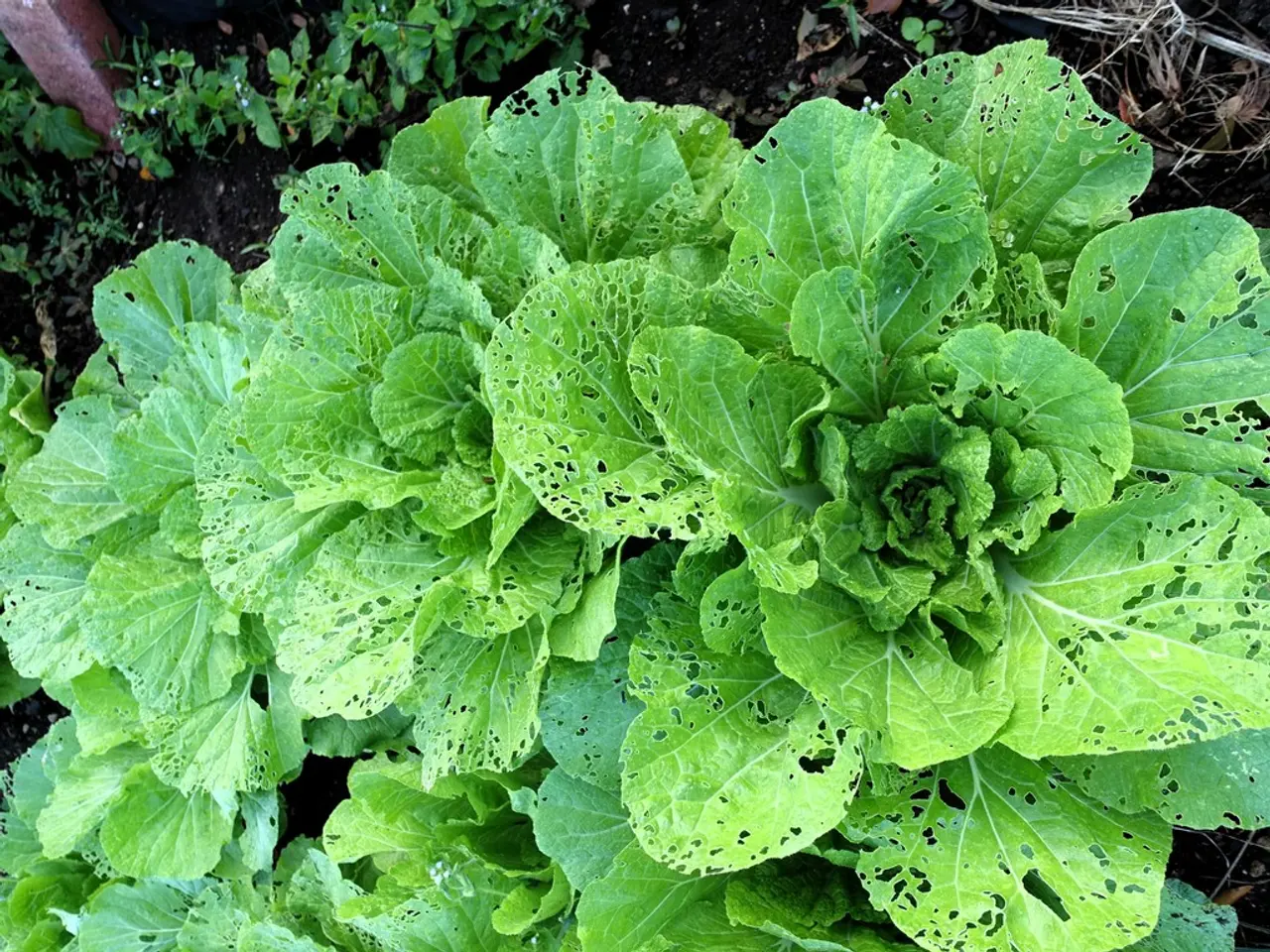Methods for Reducing High Cholesterol Levels Naturally
A growing number of people are seeking natural solutions to improve their cholesterol levels, and fortunately, there are several effective methods available.
Diet
Incorporating foods rich in soluble fibers into your diet can help lower LDL ("bad") cholesterol levels. Oats, lentils, and flax seeds are excellent sources of soluble fiber, which binds to cholesterol and removes it from the body through the digestive system. A daily intake of 5-10 grams of soluble fiber can lower LDL cholesterol by about 5%.
Additionally, plant-based foods provide plant sterols and stanols that block cholesterol absorption. Replacing saturated and trans fats with healthy fats found in olive oil, nuts (such as almonds, cashews, and pecans), and avocados can also lower LDL cholesterol levels. Reducing sugar and refined carbohydrates helps reduce triglycerides, harmful fats associated with heart disease risk.
Exercise
Regular physical activity plays a crucial role in maintaining healthy cholesterol levels. Aim for at least 150 minutes of moderate aerobic exercise per week, such as walking, swimming, jogging, or cycling. Exercise increases HDL ("good") cholesterol and lowers LDL and triglycerides.
Omega-3 Fatty Acids
Omega-3 fatty acids, found in oily fish (such as salmon, mackerel) or supplements, do not lower LDL cholesterol but significantly reduce triglycerides by 20-30%. They offer additional benefits for heart and brain health.
Olive Oil and Nuts
These contain healthy monounsaturated fats that help lower LDL cholesterol and support cardiovascular health.
Bergamot Extract
While research on bergamot extract is still emerging, some studies suggest that it may help lower cholesterol by improving lipid profiles. Bergamot extract is found in Earl Grey tea and blocks an essential enzyme in the production of cholesterol. However, it's essential to consult a healthcare provider before incorporating bergamot extract into your diet.
Adopting a diet rich in soluble fibers, healthy fats, omega-3 fatty acids, and engaging in regular exercise forms an effective natural strategy to improve cholesterol levels without medication.
It is essential to note that the build-up of cholesterol in the arteries, known as atherosclerosis, has been linked to systemic inflammation caused by processed foods and trans fatty acids. Therefore, focusing on a balanced, whole-foods diet is crucial for maintaining overall health.
For those currently taking statins, discussing the possibility of changing lifestyle to embrace natural solutions while weaning off statin drugs with a physician is recommended. While statins are a common medication for lowering LDL ("bad") cholesterol, they have been associated with an increased prevalence and extent of calcium-containing coronary arterial plaque, potentially leading to heart disease.
In conclusion, incorporating these natural solutions into your daily life can improve overall health, even if you do not have high cholesterol. A balanced diet, regular exercise, and a focus on whole, unprocessed foods can help maintain healthy cholesterol levels and promote overall wellbeing.
References: - http://www.ncbi.nlm.nih.gov/pubmed/22981406
Scientists are researching the use of bergamot extract, found in Earl Grey tea, as a potential natural therapy to improve lipid profiles and lower cholesterol.
Those who opt for a health-and-wellness lifestyle may find relief in CBD (cannabidiol), a popular compound used in various therapies and treatments, for its potential benefits in managing systemic inflammation linked to atherosclerosis, a build-up of cholesterol in the arteries.
Various fitness-and-exercise routines, combined with a nutrition plan emphasizing soluble fibers, healthy fats, and omega-3 fatty acids, make for an effective approach to maintaining and improving overall health, including cholesterol levels.




